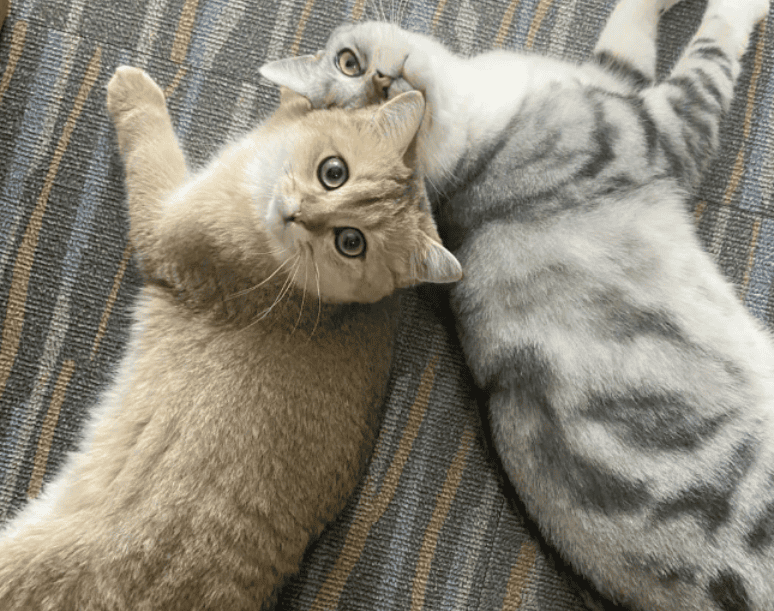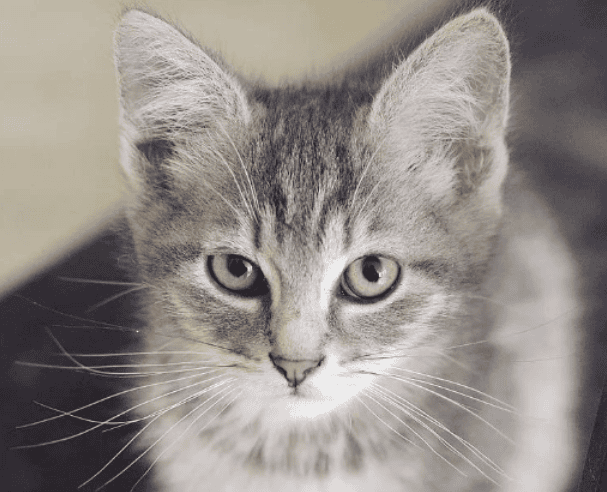In nature, male cats play an important role in the reproduction process, but they usually do not participate in the upbringing of their offspring. The reasons behind this phenomenon involve multiple biological and behavioral factors.

First of all, Let’s understand the role of male cats in the reproduction process. The male cat's reproductive organs produce sperm during mating, and these sperm combine with the eggs in the female cat's body to form fertilized eggs, thereby reproducing offspring. However, the male cat's genetic contribution essentially ends after the fertilization process is complete, as the female cat takes on the responsibility of conceiving and raising the pups.
So, why don’t male cats take on nurturing responsibilities? This is mainly because they have not evolved the physiological structures and behavioral traits associated with raising offspring. Male cats' reproductive organs evolved for mating, not for raising offspring. Therefore, they lack the instinctive behaviors associated with raising young, such as the ability to nurse and care for their young.
Additionally, male cats often lose focus on females and their offspring soon after the breeding season is over. This is because they need to constantly seek new breeding partners to improve their chances of passing on their genes. If a male cat pays too much attention to its offspring, it may affect its reproductive efficiency, thereby reducing its competitiveness in natural selection.

It is worth noting What’s more, although male cats do not take the initiative to raise their offspring, they sometimes guard their territory and cubs with female cats. This behavior usually occurs when a male and female cat have a stable social relationship, such as a family member or a partnership. In this situation, the male cat may provide a degree of protection and support, but this behavior is usually not motivated by direct concern for the pups, but rather to maintain the relationship with the female cat.
In human-pet interactions, we sometimes observe male cats showing interest or aggression toward their young. This may be due to individual differences and situational factors. Some male cats may become curious about their kittens and even try to play with them, but this does not mean that they take on nurturing responsibilities. Other male cats may display aggression because of territoriality, resources, or a sense of threat. In these situations, appropriate training and management practices can help reduce potential conflicts and injuries.

In short, Male cats play an important role in the breeding process, but usually do not participate in the upbringing of their offspring. This behavioral pattern is the result of a combination of biological and behavioral factors. While male cats may not actively assume nurturing responsibilities, in some cases they may provide a level of protection and support. Understanding the behavioral characteristics and biological limitations of male cats can help us better understand their role in breeding and rearing, and take appropriate measures to manage interactions with pet cats.

 扫一扫微信交流
扫一扫微信交流
发布评论